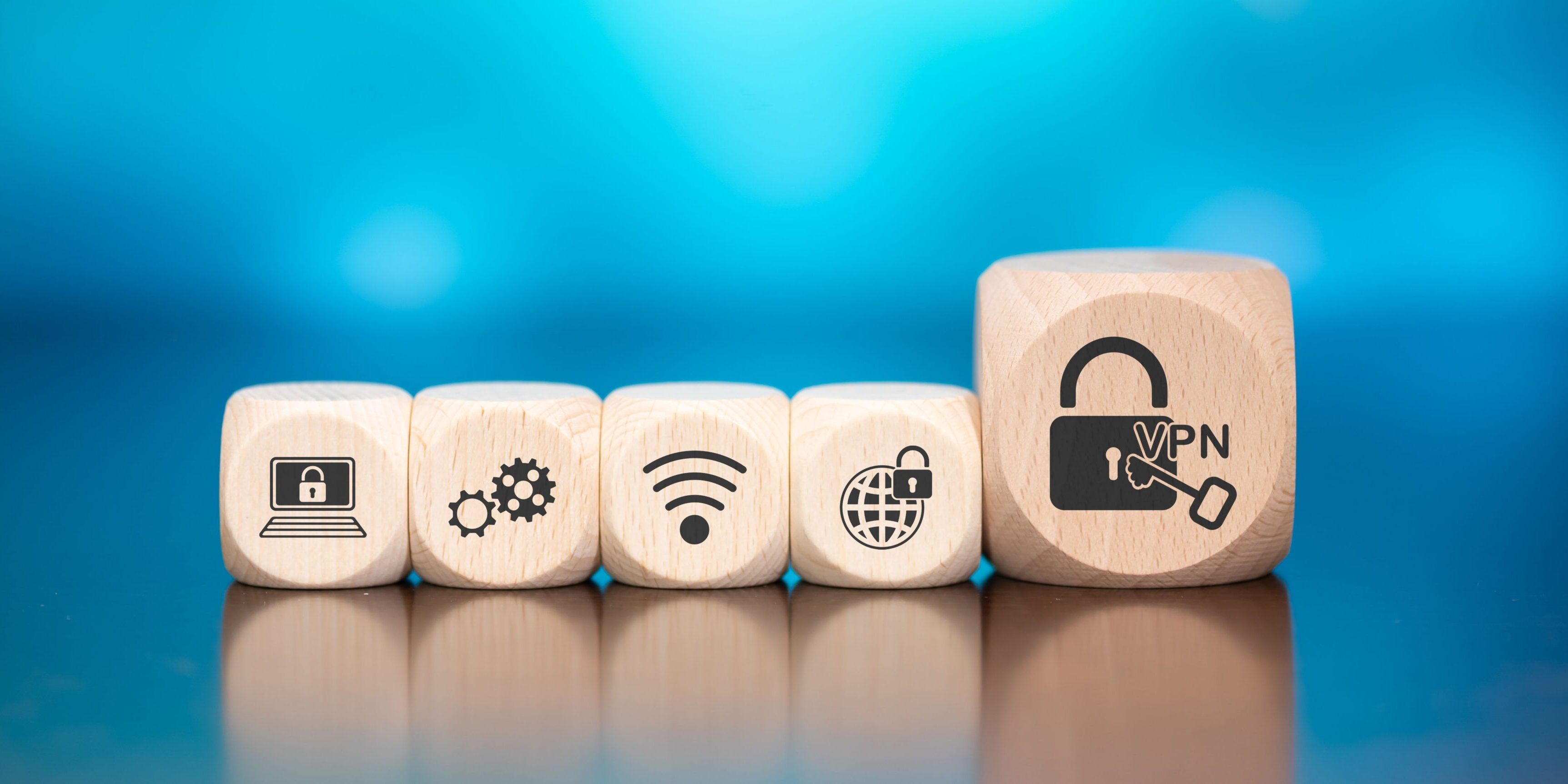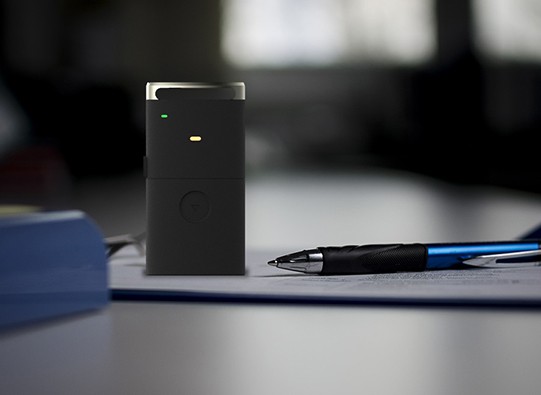INFOSEC BLOG

Enforcing 2FA for VPNs to Secure the Gateway
Virtual Private Networks (VPNs) have emerged as essential tools for maintaining secure connections to corporate networks. However, as the reliance on VPNs grows, so does the risk of cyber threats. This is where Two-Factor Authentication (2FA) comes into play. Implementing 2FA for VPN access is no longer a luxury but a necessity for companies aiming to fortify their cybersecurity defenses. This article explores the critical reasons why enforcing 2FA for VPNs is essential for every organization.
The Rising Cybersecurity Threats
The digital landscape is fraught with sophisticated cyber threats. From phishing attacks to advanced persistent threats (APTs), the methods employed by cybercriminals are becoming increasingly complex. VPNs, while providing a secure tunnel for remote access, can become vulnerable entry points for attackers, especially when protected only by single-factor authentication (SFA), such as a password.
The Limitations of Password-Only Security
Passwords, no matter how complex, are inherently vulnerable. They can be cracked, guessed, or obtained through social engineering. The Verizon Data Breach Investigations Report consistently finds that a significant number of breaches involve compromised credentials. In this context, relying solely on passwords for VPN access is akin to securing a treasure with a simple padlock.
The Case for 2FA in VPN Security
Two-Factor Authentication adds an additional layer of security to VPN access, significantly enhancing the overall security posture. Here’s why it’s crucial:
1. Enhanced Security
2FA requires users to provide two different authentication factors, typically something they know (like a password) and something they have (like a mobile device or a security token). This dual-layer approach makes unauthorized access exponentially more difficult for cybercriminals.
2. Compliance with Regulations
Many industry standards and government regulations, such as GDPR, HIPAA, and PCI-DSS, now mandate or highly recommend the use of 2FA. Implementing 2
FA for VPN access helps companies stay compliant and avoid potential legal and financial penalties.
3. Reducing the Risk of Phishing and Social Engineering
Phishing attacks often aim to steal user credentials. With 2FA, even if an attacker obtains a user’s password, they still need the second factor to gain access, significantly reducing the chances of a successful breach.
4. Protecting Sensitive Data
VPNs are often used to access sensitive corporate data. 2FA ensures that only authorized personnel can access this information, thereby safeguarding intellectual property and sensitive customer data.
5. Building Trust with Customers and Partners
Implementing robust security measures like 2FA demonstrates a commitment to protecting not just your own data, but also that of your customers and partners. This can enhance your company’s reputation and build trust.
6. Adapting to a Remote Workforce
As remote work becomes more common, employees are accessing corporate networks from various locations and devices. 2FA provides an additional security layer that is particularly important in this varied and less controlled environment.
7. Ease of Implementation
With advancements in technology, implementing 2FA has become more straightforward. Many solutions offer seamless integration with existing VPN infrastructure, making the transition smooth and cost-effective.
8. Minimizing Operational Disruptions
By preventing unauthorized access, 2FA reduces the likelihood of security breaches that can lead to costly and disruptive investigations and remediations.
Conclusion
The integration of 2FA into VPN access is a critical step in bolstering a company’s cybersecurity defenses. In an age where cyber threats are constantly evolving, the additional layer of security provided by 2FA is not just beneficial; it’s essential. By implementing 2FA, companies can protect their data, comply with regulations, and foster a more secure and trustworthy digital environment. As the saying goes, “the best offense is a good defense.” In the realm of cybersecurity, 2FA is a key part of that defense, particularly when it comes to enforcing 2FA for VPNs.

Finally, see GateKeeper Enterprise advanced MFA in action.
Take a self-guided tour of how you can evolve from passwords. Then you're really saving time with automation.



